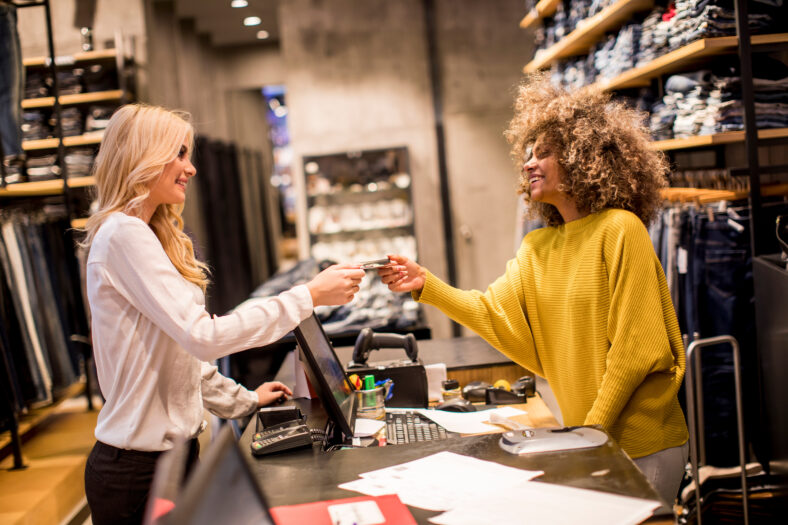Retail Crime Rates Are Up, With Even Small Businesses Buying Stolen Goods

Over the course of two years, retail crime rates have gone up, costing $7.79 billion in just Australia alone during the 2024 financial year. Employee theft, shoplifting, fraud, and customer aggression have skyrocketed to record levels.
Customer theft, primarily through concealment and spur-of-the-moment tactics, is the number one driver of external losses, with employee theft right on its heels.
Employee theft accounted for millions in annual damages, and insider knowledge significantly magnifies its effects. It appears that all aspects of retail crime are increasing at alarming speeds.
“Before COVID, crime was slowly rising, but when a lot of shops closed due to lockdowns, we saw a bit of a pause, and crime went down,” said Michael Townsley, a professor at Griffith University.
“Since then, it just got picked up again, and with added cost-of-living pressures, police-recorded instances of shoplifting and employee abuse have gone through the roof.”
According to Townsley, there has been a surprising trend among small businesses to buy stolen goods. Almost every societal group is feeling financial pressure these days. As the demand for cheap food grows, small businesses are trying hard to meet those demands.
“When cafés and restaurants are doing it tough and their cost of goods has doubled, but they’re unable to double their own prices, they’re beginning to contemplate things they previously wouldn’t have thought about,” said Townsley.
In recent years, a large part of the retail landscape has moved online. Retail fraud has become increasingly common, with more advanced schemes emerging as retailers strive to keep up.
Some online fraud tactics include using stolen credit cards to purchase goods and wrongfully claiming packages weren’t delivered in order to gain additional products or get an item for free.

Sign up for Chip Chick’s newsletter and get stories like this delivered to your inbox.
COVID really accelerated the growth of online shopping. Many retailers had to put goods out faster than they originally planned, which left room for a lot of vulnerabilities.
During peak times like Black Friday or Christmas, retailers receive a much higher volume of orders and purchases, and scammers will usually take advantage of that.
“Fraudsters might, for example, create a sense of urgency saying things such as ‘Christmas is in three days’ time, and my little boy is really looking forward to this trampoline’ and retailers, who are ultimately trying to help people and delight their customers, will send another item,” said Townsley.
Certain forms of online fraud can be carried out from overseas, making it extremely challenging for retailers to combat or for law enforcement to trace. Therefore, retailers have directed their focus toward preventative measures.
Many are promoting loyalty programs or developing their own apps, which frequently include a range of tracking tools and identification features. In addition, legislative actions and industry-driven efforts aim to create safer retail environments.
More About:News





